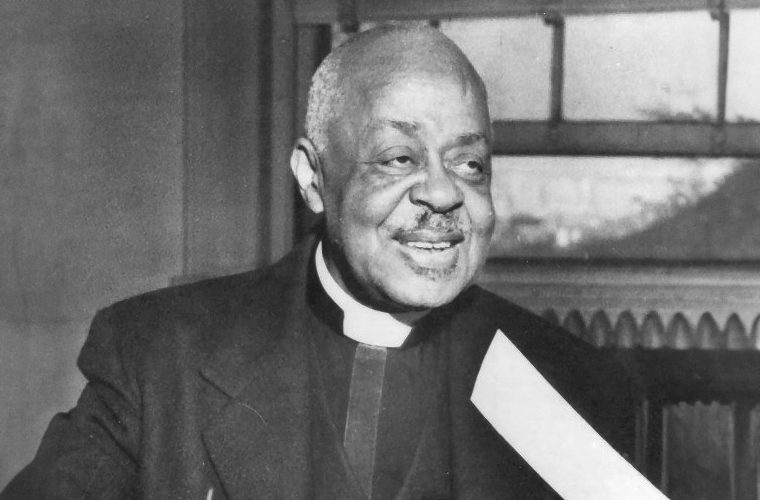Richard Robert Wright Jr. was a prominent figure in American society, known for his work as a sociologist, social worker, and minister. Born on April 16, 1878, in Cuthbert, Georgia, Wright’s impact on the fields of sociology, social work, and religious leadership continues to be felt to this day.
Wright’s early life in Georgia provided the foundation for his future endeavors. Growing up in the post-Civil War South, he experienced firsthand the challenges and injustices faced by African Americans during this tumultuous period in American history. These experiences would shape his commitment to social justice and equality throughout his life.
After completing his education, Wright embarked on a career that would see him become a leading voice in the fight for civil rights and social reform. His work as a sociologist allowed him to study and analyze the social structures that perpetuated inequality and discrimination, while his role as a social worker enabled him to directly impact the lives of those in need. As a minister, he used his platform to advocate for change and inspire others to join him in the pursuit of a more just and equitable society.
Wright’s contributions to the field of sociology are particularly noteworthy. Through his research and writing, he sought to bring attention to the systemic issues that plagued American society, shedding light on how race, class, and gender intersected to create barriers to progress. His work helped to lay the groundwork for future generations of sociologists and social workers, providing valuable insights into the complexities of social inequality.
In addition to his academic and professional pursuits, Wright was also deeply involved in community organizing and activism. He understood the importance of grassroots efforts in creating lasting social change and was actively involved in various initiatives aimed at empowering marginalized communities. His leadership and dedication to the cause earned him the respect and admiration of many, solidifying his reputation as a tireless advocate for social justice.
Wright’s impact extended beyond the borders of the United States. He was a vocal proponent of international solidarity and cooperation, recognizing that the struggle for equality was a global endeavor. His efforts to build bridges with activists and scholars from around the world helped to foster a greater understanding of the interconnected nature of social justice movements, paving the way for collaboration on a global scale.
Throughout his life, Wright remained committed to his principles and never wavered in his dedication to creating a more just and equitable society. His legacy continues to inspire those who follow in his footsteps, serving as a reminder of the power of perseverance and the potential for positive change.
In conclusion, Richard Robert Wright Jr.’s impact on American society cannot be overstated. His work as a sociologist, social worker, and minister left an indelible mark on the fields of sociology, social work, and religious leadership. Through his tireless advocacy and unwavering commitment to social justice, he helped to pave the way for a more equitable future for all.

